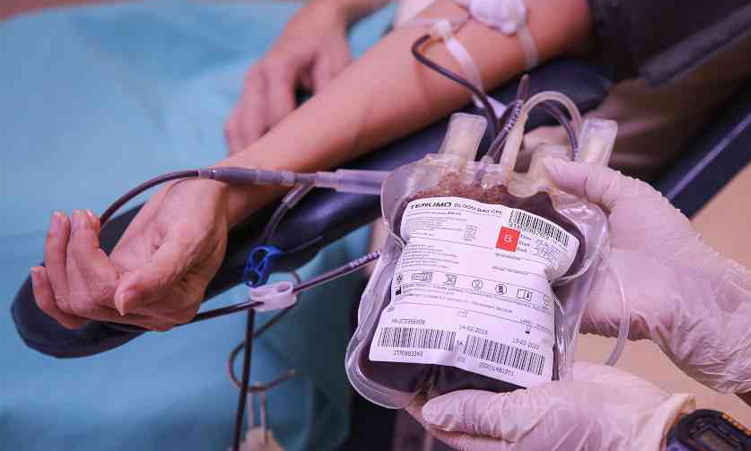A total of 20 unemployed people stand to benefit from the Popa Twayumi climate-resilient agricultural project in the Kavango East region.
The project is spearheaded by M&M integrated Agricultural Agribusiness at Popa village in the Mukwe constituency.
Project manager Oswald Mughongora says the project, aided by Social Security Commission (SSC), has turned a 12.5ha plot into a flourishing agricultural hub, supporting an 80% women-led group of unemployed individuals.
Mughongora says the project benefits 20 people, of which 16 are women.
“Since its inception in 2015, Popa Twayumi has evolved from an HIV-AIDS support group into a dynamic community-based organisation focused on agricultural production,” he says.
Mughongora says with backing from the SSC’s Development Fund, the project has achieved significant milestones.
“A solar-powered water extraction station, a 3km pipeline, and water tanks with a 20 000l capacity ensure a reliable water supply for agricultural activities was installed,” he says.
“The project plans to fence the entire plot and commence both horticultural and agronomic production. We are busy engaging with local businesses to secure letters of intent for produce purchases, ensuring economic viability and market access,” he says.
Mughongora urged government and development entities to support its long-term goal of establishing a fully fledged agri-value chain.
ADDRESSING CHALLENGES
Kavango East regional chairperson and Mukwe Constituency councillor Damian Maghambayi says the project is a testament to the power of community-driven solutions in addressing rural unemployment and food security challenges.
“The transformative project underscores Namibia’s commitment to climate resilience and social equity through innovative agricultural practices,” he says.
Maghambayi urges other villages to follow suit.
The project’s deputy secretary, Winsel Kana, says the venture has impacted his life positively.
“I joined the project in 2021. It has taught me a lot, particularly on farming,” he says.
Kana says the project has increased networking with people in the agricultural industry.
“We are ready to start planting tomatoes. We have enough water and the rain has been good so far. We’re expecting a good harvest,” he says.
Challenges include animals accessing the area, he says.
Stay informed with The Namibian – your source for credible journalism. Get in-depth reporting and opinions for
only N$85 a month. Invest in journalism, invest in democracy –
Subscribe Now!








